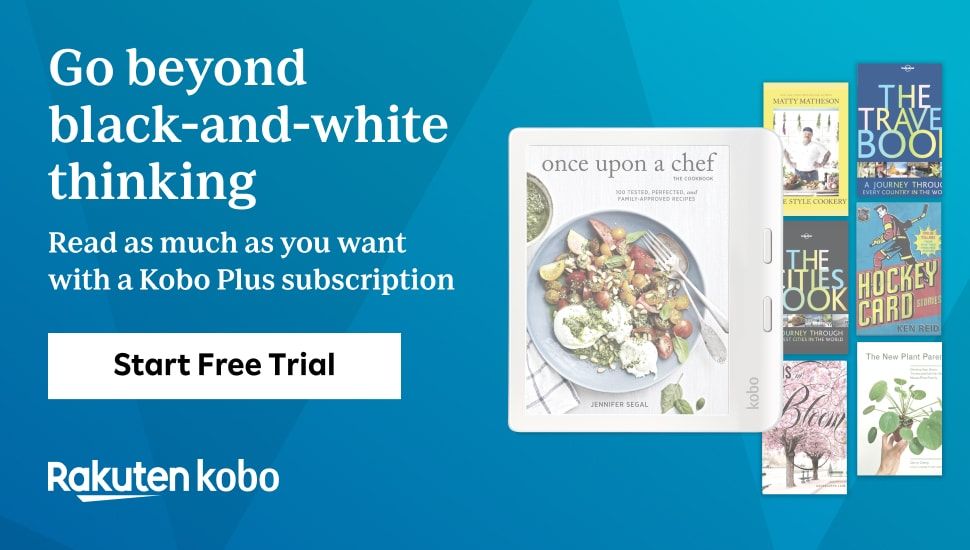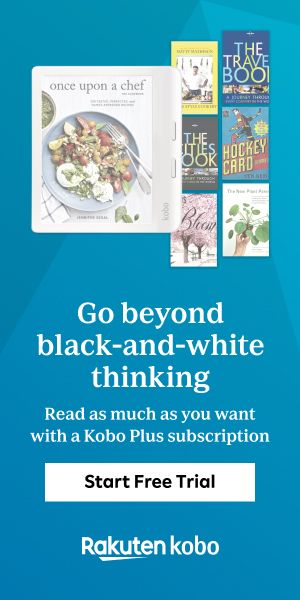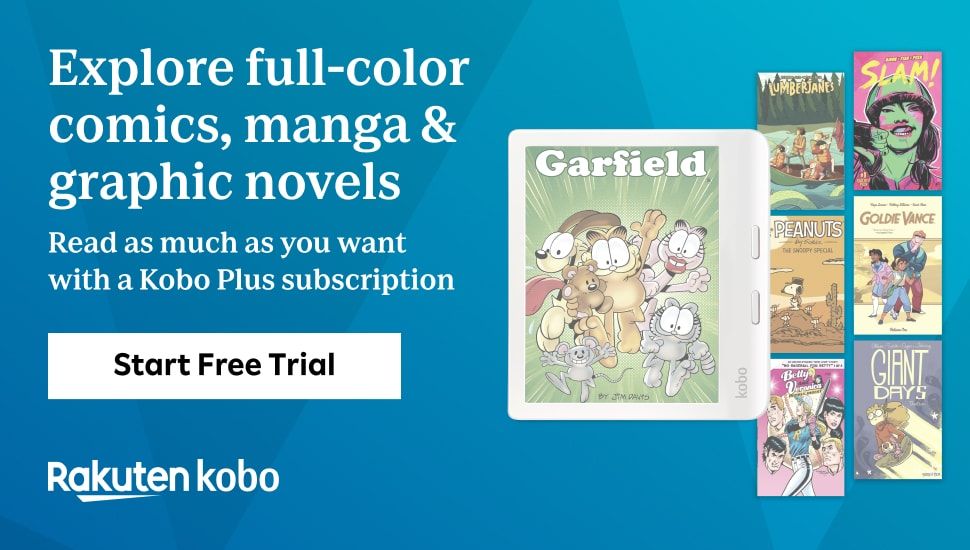
The 10 Most Interesting Questions in the World of Books and Reading
Book news itself wasn’t something we did much when Book Riot first started, but it has become and important part of what we do: from the Book Riot Podcast to Today in Books to Literary Activism and so on. Some stories come and go, but there are some stories that are part of fundamental questions that the book world is asking and trying to answer. Here are the ten that I find to be the most important at the moment. In no particular order:
What is the Ceiling for Audiobooks?
In the most recent episode of First Edition, Brenna Kalmer of Circana said that last quarter, audiobooks eclipsed ebooks in sales for the first time ever. Now, for those following sales patterns, this isn’t terribly surprising: audiobooks have been growing faster than ebooks for years now, and it was just a matter of time. But the time is here. Now what is possible? Audiobooks are growing much faster than print sales, though print book sales are still four times larger than digital audio. So even at double digit annual growth, it is hard to imagine audiobooks pulling even with paper. But could it be half in my lifetime? I think it is possible. Which brings me to the next question….
Can Spotify Be Pepsi to Audible’s Coke?
Whenever someone gets worked up about Amazon as a monopoly or the DOJ floats the possibility of some sort of antitrust action, I want to get up like Sally Field in the workshop with a sign that says “START WITH AUDIBLE.” Amazon’s acquisition of Audible in 2008 for $300 million seemed hefty then and an absolute Danny Ocean-led heist now. Publishers have had a love-hate relationship with Audible, even more than Amazon, because while Audible has been a key driver of audio sales (that device in your pocket you keep looking at being the other), it hasn’t always been the most transparent partner (it would shock you to know what publishers don’t know about their sales on Audible). Enter Spotify. More transparency. A juicy new set of consumers. A good rate. And 15-hours packed in with consumer subscriptions already. As is often the case, the upstart is providing a better deal than the incumbent in an effort to gain market share–and so far it seems to be working. I have heard that Spotify is already doing 10% of Audible’s sales, and that is a ton! Like the audio/print split, parity isn’t on the table really. But Pepsi does half of Coke’s case volume and that seems to me not inconceivable here.
Is Romantasy Here to Stay?
Sometimes trends turn into mainstays. Sometimes they turn out to be fads. Remember adult coloring books? Fad. But YA didn’t exist 50 years ago either. So wither #romantasy? New imprints are forming. Traditional publishers are acquiring at scale. BookTok still seems enamored. Seems positive, right?
My closest comp here is the dystopia craze of a decade ago, which burst and bloom…and then busted (I would read a longfrom piece about what the hell happened with the end of the Divergent series. Woof). That turned out to be a microburst in the YA atmosphere rather than the formation of a new climate. I would bet Romantasy will turn out to be similar, just in romance. I am long romance, but right now I would short romantasy.
Is Using Copyrighted Books to Train AI Going to be Legal or Not?
I have the somewhat contrarian opinion among people who care about books about AI and training on books insofar as I am not absolutely sure that it is piracy. I am not sure that it isn’t either mind you, but people who write books, or write about books, are sure it is theft. I’ve written a couple thousand posts for Book Riot on the open web, so I know my sentences are part of Claude and ChatGPT and others. And while I am not thrilled about that, I can’t quite figure out how to think about it. I can console myself with the knowledge that the American legal establishment isn’t sure either and in the coming years there will be plenty of testimony, deliberation, appeal, and verdict. It does remind me of the heady days of Napster. Remember when that was cool and fine and fun…until it wasn’t. And I would be OK with that. But it wouldn’t surprise me either to wake up in the year 2039 and the legal and cultural attitude toward using public information in AI models was more of a shrug of the shoulders. And I maybe could be OK with that too.
Are “Influencers” Here to Stay?
Let me get this off my chest first: there have been people who have had an outsized influence on what books people buy and talk about for a long time. Whether it was Samuel Johnson or the Book of the Month Club or Oprah, a certain trusted few could move units. And this makes sense. Take the simple problem here: the average American reads about 12 books a year, and there are tens of thousands of new titles published every year. Somehow, some way people want help figuring out what to read. But even as the need for being influenced about what books to buy remains, the shape and scope of it changes. There was a time where a good review in the New York Times could “make” a book. Now, the power is in the hands of the people–or at least the ones with a ring light and time on their hands. From a historical point of view it would be foolish to say that this is just how it is going to be now, because that’s never happened, things always change. But I find myself hard-pressed to imagine a world where a more distributed network of influence is replaced by something else. Though I must admit that in the 1990s, I would have found it hard to imagine that Kakutani would be an afterthought while she was still alive.
What the Hell is Going to Happen with Book Censorship?
Can someone help me out here? This can’t be what it’s like forever right? Can this fever break? What is going to take for this pig-headed movement to tire out or come to its senses or be drowned out by decency and a general understanding that none of this works? Could Trump being beaten once and for all lift this willful ignorance and intolerance? This can’t be the future….can it?
Can Bookshop.org Be a Real Triple Threat?
Ebooks. Audio. Print. To provide a real alternative to Amazon, you have to do all three. B&N screwed up their chance in the early days and doesn’t seem interested in spending their time reopening the digital front with Amazon in a meaningful way. Bookshop seems game, though. With the decentralized backing of most of the indie bookstore community, it has done exceptionally well in print. Digital and audio are coming. Can Bookshop port the good feeling of supporting indies from paperbacks to downloads? It will take a good user experience and savvy marketing for sure, but those are table stakes. To compete will take people giving up their Kindles in ebooks and navigating a new app on their phones. That might seem like not too much of an ask, but it is enormously difficult. I am pulling for them.
Physical Bookstores Survived. Are They in the Clear?
Well, everybody we did it. We survived Amazon and Covid and oh yea remember the housing crisis where the economy collapsed? Oh and that whole you can spend all your time on your phones or watching season 6 of The Great British Baking Show from literally wherever, whenever you want? And bookstores are still here and growing in number. People love them. Heck, even the big bad Barnes & Noble is a good guy now. Or at least a guy you pass in the hallway and can at least ignore without getting angry or nervous or blushing. We can all rest easy. We did it. Right?
Books Are Getting Less White. Book Sales Aren’t. What’s Going to Give?
I need sunglasses to shield me from the blinding whiteness of the bestseller lists. Even as prizes and seasonal lists and books-of-the-year lists are far more diverse than they have ever been, that same inclusion hasn’t come to the highest echelons of sales. There isn’t a AAPI James Patteron or a Black Danielle Steel or a Latino John Grisham. Even the new cadre of blockbuster sellers in romance look about the same. There is more publishing could do (marketing budgets are still kept pretty close), but the industry cannot combat prejudice, conscious or otherwise, out in the marketplace itself. I think it is just going to take much, much longer for sales to catch up.
Are Publishers Done Cutting and Consolidating?
Sales skyrocketed during COVID and publishers staffed up. Then they fell, and publishers laid off. Add to that the on-going consolidation of houses and there are simply fewer butts in (increasingly virtual) chairs at these companies. With the DOJ blocking PRH’s acquisition of Simon & Schuster, there was finally an upper limit on how big a publisher could get with just a checkbook. Their profits have improved as sales have come back and their expenses have leveled off, but this seems to me only to set the stage for the next wave of…something. There just aren’t that many small and mid-size publishers left to scoop up and the overall market is growing much more slowly than companies like to show in their quarterly reports, especially publicly-traded ones. Where is growth going to come from?












Leave a comment
Become an All Access subscriber to add comments.